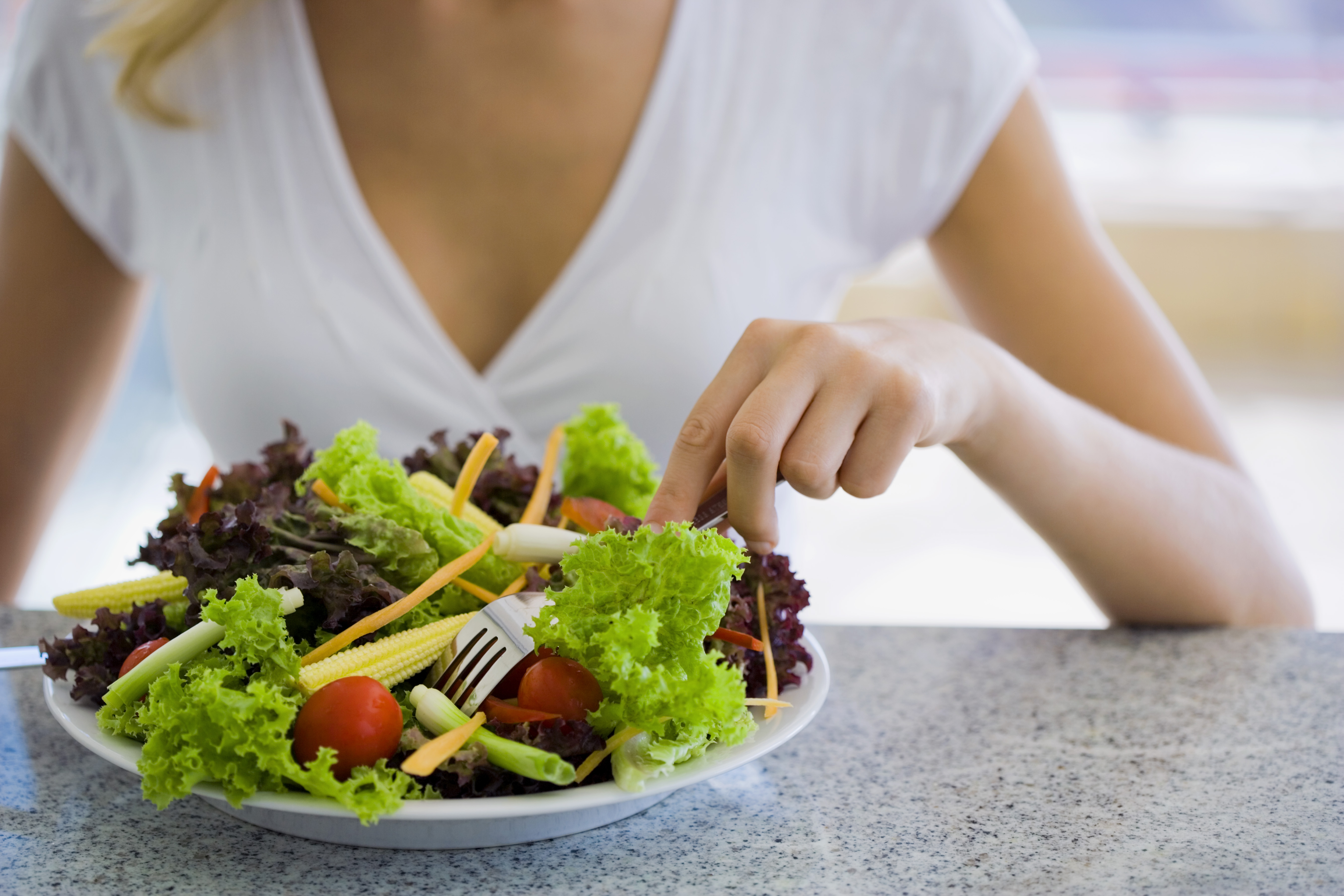Ostomy Guide to Nutrition

Although you will need to use medical accessories like drainable pouches after having an ostomy, this doesn’t mean that you will have to give up all of your favorite foods. In fact, you may be able to resume a regular diet as soon as 6 weeks afterwards, provided that you follow the advice given to you by your physician or dietician in this regard.

The Basics
- Avoid gaining excess weight: Extra weight will negatively affect your ostomy and it can cause other serious health conditions.
- Chew food thoroughly: This will help prevent blockages at your stoma site. If you have an ileostomy, be extra vigilant when dealing with hard and high-fiber foods.
- Eat often: Consume 3 or more meals per day, as you will produce less gas this way.
- Introduce one new food at a time: This will let you determine which ones cause constipation, gas, diarrhea or odor. If a food seems to cause any of these symptoms, eliminate it for a few weeks and then try it again.
- Drink enough fluids: it’s important to drink enough fluids, as this will prevent dehydration occurring through your stoma.
Preventing Blockage
If not properly chewed, some foods can cause blockage at the stoma opening. These include nuts, seeds, corn, raw pineapple, raisins, dried fruit, coleslaw, mushrooms, salad greens, peas, vegetable skins, relishes and coconut. Eat small portions of these and always chew them well.
Reducing Odor and Gas
Avoiding alcohol, cruciferous vegetables, fish, beer, soda, processed sugar, fish, milk, cheese, baked beans, eggs and onions can help prevent odor from developing, while consuming buttermilk, kefir, parsley or yoghurt can help reduce existing odor and gas. Excess gas can be prevented by eating slowly and regularly and by not consuming drinks through a straw.
Preventing Constipation and Diarrhea
Increasing fluid intake and consuming some high-fiber foods can help prevent constipation. These include coffee, lemon juice, some fresh fruits, oatmeal, prune juice and whole wheat breads – all of which must be chewed well. Another great way to prevent constipation is to exercise regularly – even taking a short daily walk will help. Diarrhea can be eased by eating bananas, rice, peanut butter, tapioca and applesauce.
Consume Sufficient Sodium and Potassium
These minerals are lost in large quantities each day. High sodium foods include ketchup, most spices and condiments, pretzels, crackers, tomato juice, ham, bacon, canned meats, salad dressing, olives, pickles, relish, gravies, soups and cold cuts. Foods high in potassium include most meats, cruciferous vegetables and fruits such as watermelon, cherries, peaches, strawberries and grapefruit.
Low Fiber Foods
While fiber is necessary after an ostomy, it should not be consumed excessively. Great low-fiber foods include most fruits (not canned in syrup though), clear soups, all eggs (except fried), most meats, some breads and cereals, low fat milk products, most vegetables (always cooked well and completely free of pips and seeds), honey, and margarine. After a few weeks, you can try adding desserts such as jelly, mild chocolate, clear hard candies and syrup again.
If you have had this procedure performed and need to purchase ostomy accessories such as 1-piece drainable pouches or 1-piece closed pouches, contact us here at CANMedDirect.ca today for more information and/or pricing.


